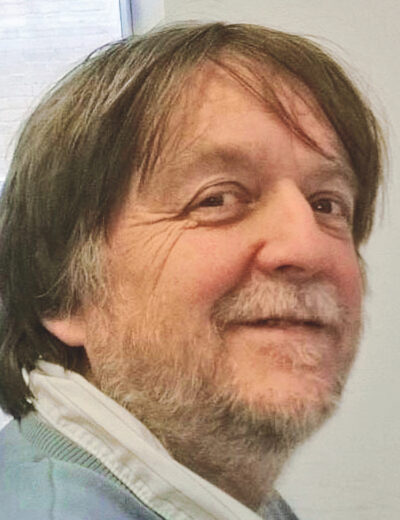
These projects were made possible from Cure Alzheimer's Fund support.
| Project Description | Researchers | Funding |
|---|---|---|
| Using Long-Read Sequencing to Investigate the MAPT Locus and Transcripts in Neurodegeneration |
2022 $201,250 |
|
| Influence of Plaque Vicinity on Microglial and Astrocyte Gene Expression; Role of Human Tau and TREM2 |
2021, 2023 $344,658.27 |
|
| Gene Expression Throughout Development of Pathology in APPKI Mice; Effects of Human Tau and Aging |
2017, 2019 $394,374 |
These published papers resulted from Cure Alzheimer’s Fund support.
Ballard, C., Mobley, W., Hardy, J., Williams, G., & Corbett, A. Dementia in Down Syndrome, Lancet Neurology, April 11, 2016, Read More
Fu, H., Hardy, J., & Duff, K. E. Selective vulnerability in neurodegenerative diseases, Nature Neuroscience, September 24, 2018, Read More
Wood, J. I., Wong, E., Joghee, R., Balbaa, A., Vitanova, K. S., Stringer, K. M., Vanshoiack, A., Phelan, S. J., Launchbury, F., Desai, S., Tripathi, T., Hanrieder, J., Cummings, D. M., Hardy, J., & Edwards, F. A. Plaque contact and unimpaired Trem2 is required for the microglial response to amyloid pathology, Cell Reports, November 22, 2022, Read More
Benitez, D. P., Jiang, S., Wood, J., Wang, R., Hall, C. M., Peerboom, C., Wong, N., Stringer, K. M., Vitanova, K. S., Smith, V. C., Joshi, D., Saito, T., Saido, T. C., Hardy, J., Hanrieder, J., De Strooper, B., Salih, D. A., Tripathi, T., Edwards, F. A., & Cummings, D. M. Knock-in models related to Alzheimer’s disease: synaptic transmission, plaques and the role of microglia, Molecular Neurodegeneration, July 15, 2021, Read More